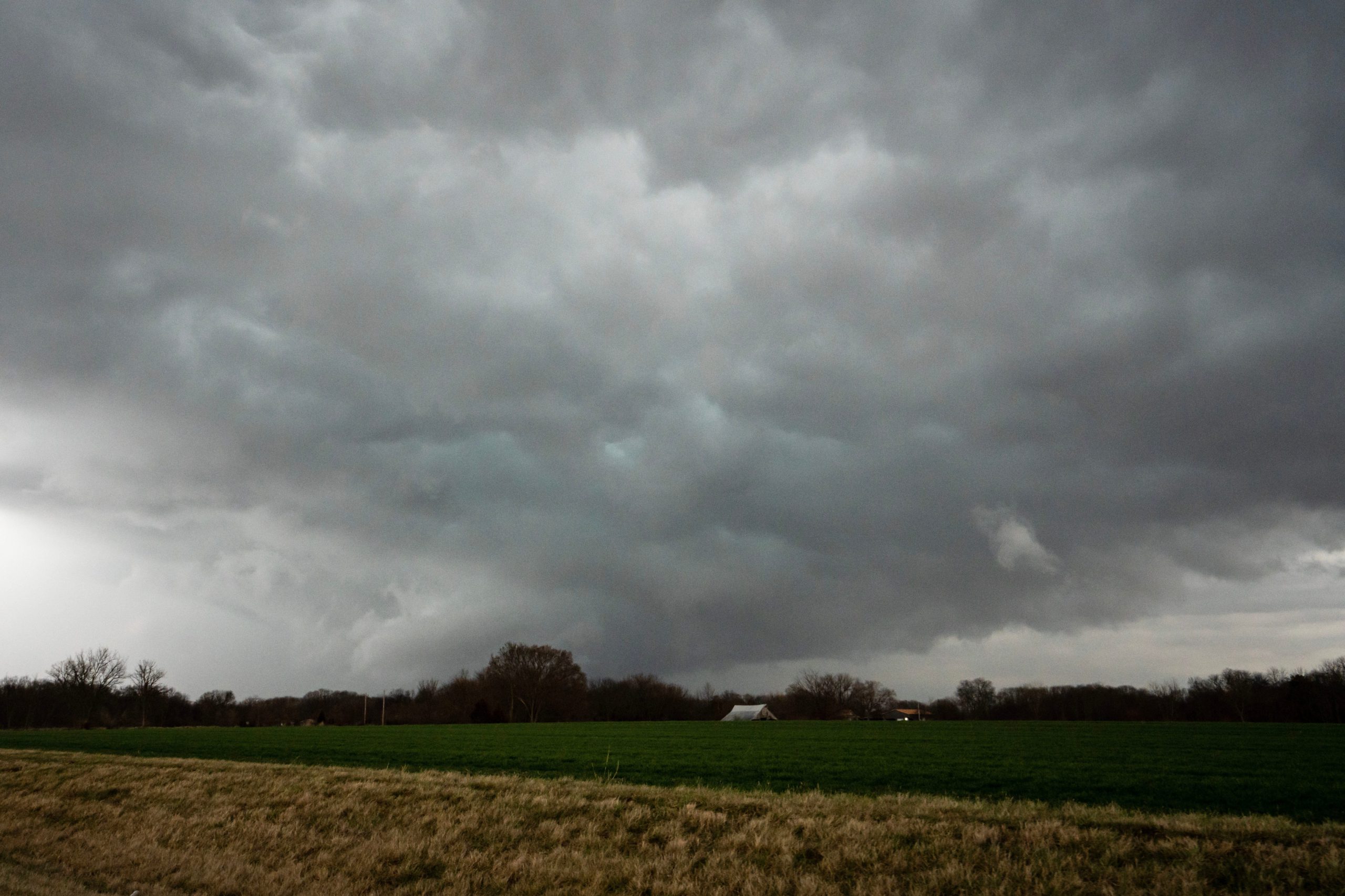

For countless years, Ohioans and Americans would put in racist clauses like this until the 1968 Fair Housing Act outlawed them:
"[N]o part of said property or any portion thereof shall be... occupied by any person not of the Caucasian race, it being intended hereby to restrict the use of said property... by people of the Negro or Mongolian Race."
Such restrictions, used in concert with redlining to segregate neighborhoods, have no effect anymore. But they still remain in at least thousands of current Ohio property deeds as vestiges of a past era.
That could change soon.
As part of the state budget bill that became law this month, licensed real estate attorneys now have the legal backing to remove discriminatory covenants from future deeds whenever a property is sold or transferred.

“I’m very pleased to see this outdated practice that hinders individuals of certain races coming to an end,” said Rep. Haraz Ghanbari, R-Perrysburg, who sponsored the legislation alongside Rep. Dontavius Jarrells, D-Columbus. “Situations have occurred where discriminatory covenants in deeds on property transfers have been limiting for people based on race and other statuses – this is unacceptable."
Prior to July, whether a lawyer could independently delete a discriminatory covenant in a deed of property transfer was a legal gray area, said Peg Ritenour, legal counsel for the Ohio Realtors Association, which requested the new change. Generally, most provisions are carried over from an old to new deed.
Some attorneys were making the change, Ritenour said, but others held back for fear of legal liability.
"Attorneys are hesitant to do something that's not specified for them in the law," she said.
The new law not only gives attorneys the green light but also homeowners a pathway to remove the language if they want to. It's significantly less expensive than the other legally backed option — hiring an attorney and going to court to revise a deed, said Beth Wanless, a lobbyist with the realtors association.
Should county recorders be able to make the change?
The reform differs slightly from past legislative efforts to remove discriminatory covenants.
In 2017, Franklin County Recorder Danny O'Connor pushed for a bill allowing homeowners to go to their county recorder and erase discriminatory language in online versions of property deeds.
Having folks go through licensed attorneys to alter a deed is the smart thing to do, said Wanless.
"We felt like attorneys were best equipped and are the most knowledgeable to remove this type of language," she said. "If we had the recorders do this, it would be really, really difficult."
Not only would county recorders have to navigate altering the deeds, which are legal documents, but recorders may also have to spend hours and money changing documents, some have argued.

O'Connor called the new law a step forward but is still pushing for his 2017 proposal. Current, not just future, deeds could be addressed, though Wanless noted not all counties have online deeds.
"To me that's about empowering homeowners and giving people the opportunity to make the statement and get (rid of) some really bad stuff that was previously in existence," O'Connor said.
The new law, on the other hand, only applies to future deeds going forward. Ohio law prevents original deeds from being altered, part of the reason O'Connor's proposal had only online versions of deeds alterable.
To alter an original deed could cause issues in chain of title. In addition, historians and scholars use those deeds to better track such language in order to help understand redlining and systemic segregation.
Ultimately, none of this will have concrete impacts on the issue of housing inequality in the state. But symbolic actions are important, advocates say, because even words can have impact.
"This legislation is a step forward to ensure that Ohio is a desirable place to live, work and raise a family for all people," said Jarrells.
Titus Wu is a reporter for the USA TODAY Network Ohio Bureau, which serves the Columbus Dispatch, Cincinnati Enquirer, Akron Beacon Journal and 18 other affiliated news organizations across Ohio.
Source link








